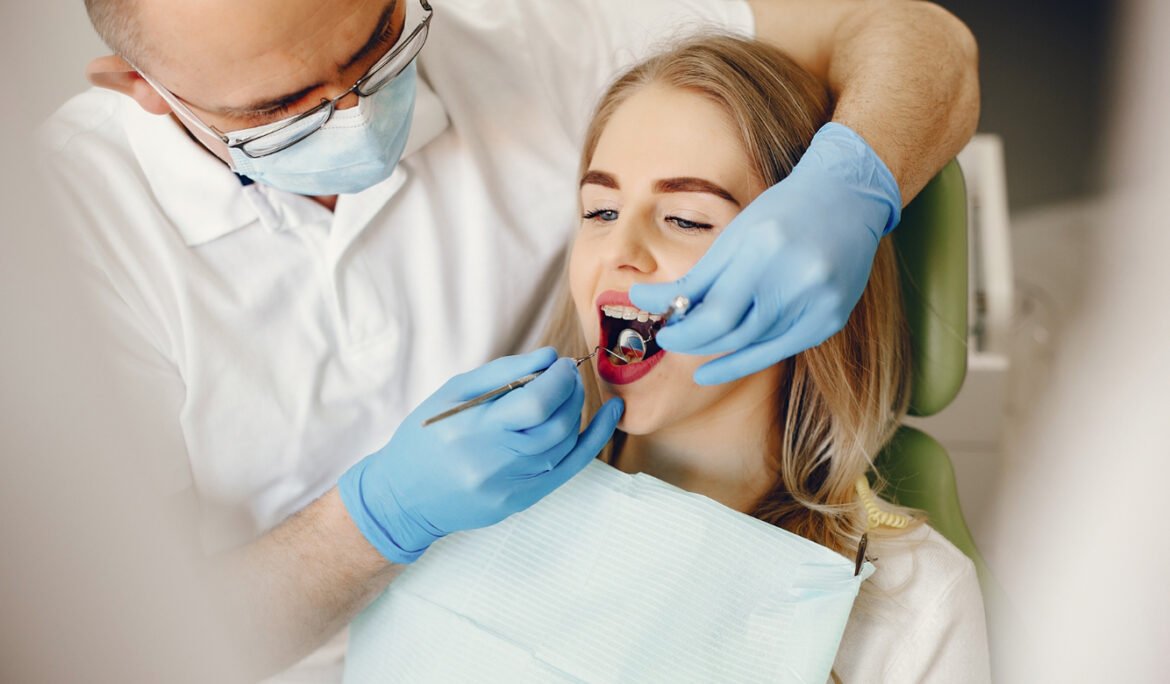- Brushing your teeth: Brush your teeth twice a day for two minutes each time with a fluoride toothpaste. This helps remove plaque and prevents tooth decay and gum disease.
- Flossing: Flossing helps remove food particles and plaque between your teeth and along your gum line. Floss at least once a day.
- Eating a healthy diet: Eat a balanced diet that includes plenty of fruits and vegetables. Limit sugary and acidic foods and drinks, which can cause tooth decay and erosion.
- Regular dental checkups: Visit your dentist at least twice a year for a checkup and professional cleaning. This can help catch dental problems early and prevent them from getting worse.
- Avoid smoking and other tobacco products: Smoking and using other tobacco products can lead to oral cancer, gum disease, and other health problems.
- Wear a mouthguard: If you play sports, wear a mouthguard to protect your teeth from injury.
- Practice good oral hygiene habits: In addition to brushing and flossing, other good oral hygiene habits include using mouthwash, cleaning your tongue, and avoiding toothpicks.
Remember, good oral and dental health is important not just for a great smile, but for overall health and well-being.

AMC Entertainment sparks calls for scrutiny
Additionally, here are some common oral and dental health issues to be aware of:
- Tooth decay: This occurs when plaque forms on teeth and produces acids that erode tooth enamel, leading to cavities.
- Gum disease: This is an infection of the gums caused by plaque buildup, which can lead to swollen, red, or bleeding gums and even tooth loss if left untreated.
- Bad breath: This can be caused by poor oral hygiene, certain foods, tobacco use, or medical conditions.
- Tooth sensitivity: This is a common problem where your teeth may feel sensitive to hot, cold, or sweet foods and drinks.
- Oral cancer: This can affect any part of the mouth or throat and can be caused by tobacco use, heavy alcohol consumption, and exposure to the human papillomavirus (HPV).
- Dry mouth: This occurs when you don’t produce enough saliva, which can be caused by certain medications, medical conditions, or treatments like chemotherapy.
It’s important to practice good oral hygiene habits and visit your dentist regularly to help prevent these and other oral and dental health issues.











